
Read about the innovators who took part in Digital Catapult’s former flagship AI programme, and the partners who supported it.

Machine Intelligence Garage was designed to help startups develop and build machine learning and artificial intelligence solutions. It gave innovators with a well-defined business idea and technical capability the access they needed to computation power and relevant expertise – as well wide-ranging support across business, investment and applied AI ethics.
Using our experimentation space, companies and researchers were able to try out new hardware and supporting technology solutions. And through workshops and experimentation days, Machine Intelligence Garage helped over 100 startups from a range of industries, including legal, manufacturing, creative and logistics.
£52 million raised by participants during and after participation
An average of 2.5 jobs created per company – significant for startups with only a handful of employees
£7.2 million of compute delivered in total, and rated 5/5 by participants
Running as part of Machine Intelligence Garage, Digital Catapult’s independent AI Ethics Committee was established to help UK developers and organisations integrate ethical practice into the use of AI and ML technologies.
The committee created an Ethics Framework consisting of seven concepts, along with corresponding questions intended to inform how these concepts can be applied in practice. The Framework is a highly practical tool for individuals and organisations developing AI-enabled products and services, and was designed to help characterise and evaluate ethical opportunities and potential risks.
As well as providing valuable compute power, Machine Intelligence Garage helped Scholarcy to develop effective propositions and attract funding.

“The biggest thing that Digital Catapult has given us is practical support. Other accelerator programmes have been useful in terms of training, but they don’t have that same practical bent. I’m grateful for the wide-ranging, hands-on support we’ve had from the Machine Intelligence Garage team.
This learning experience was instrumental in preparing and refining our pitch.”
To help companies create solutions that will drive ML and AI development in the UK, Machine Intelligence Garage secured a range of partners and collaborators that provide best-in-class computation power as well as a network of support and expertise.
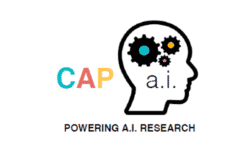


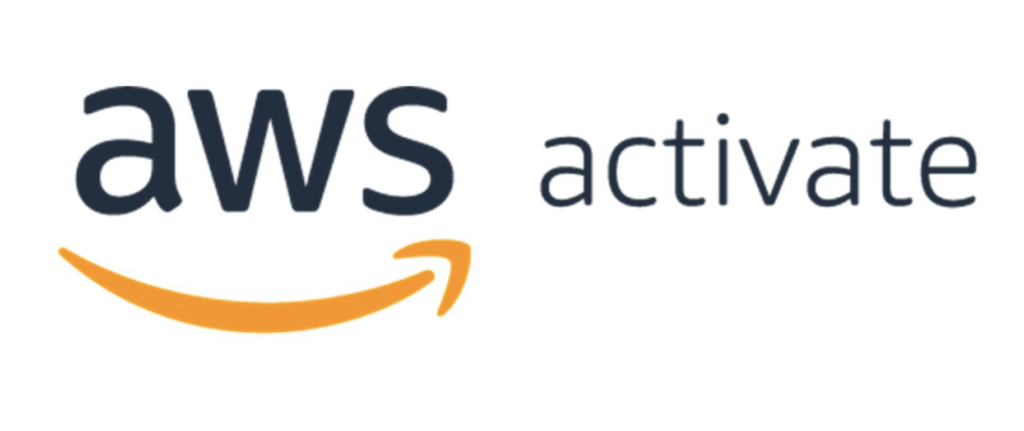

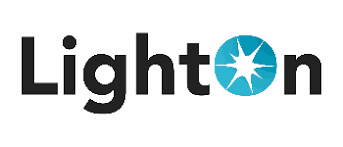
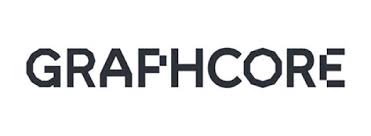
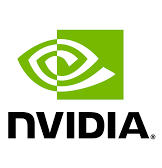


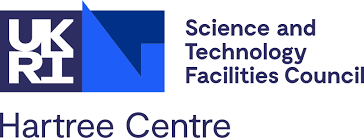
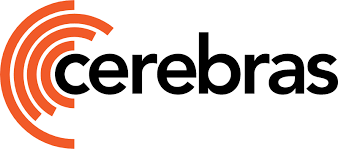
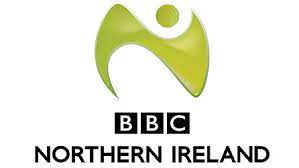
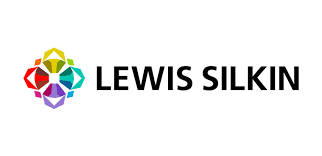


Get the latest on news and opportunities in advanced digital technologies – be the first to know about our work and how to get involved.